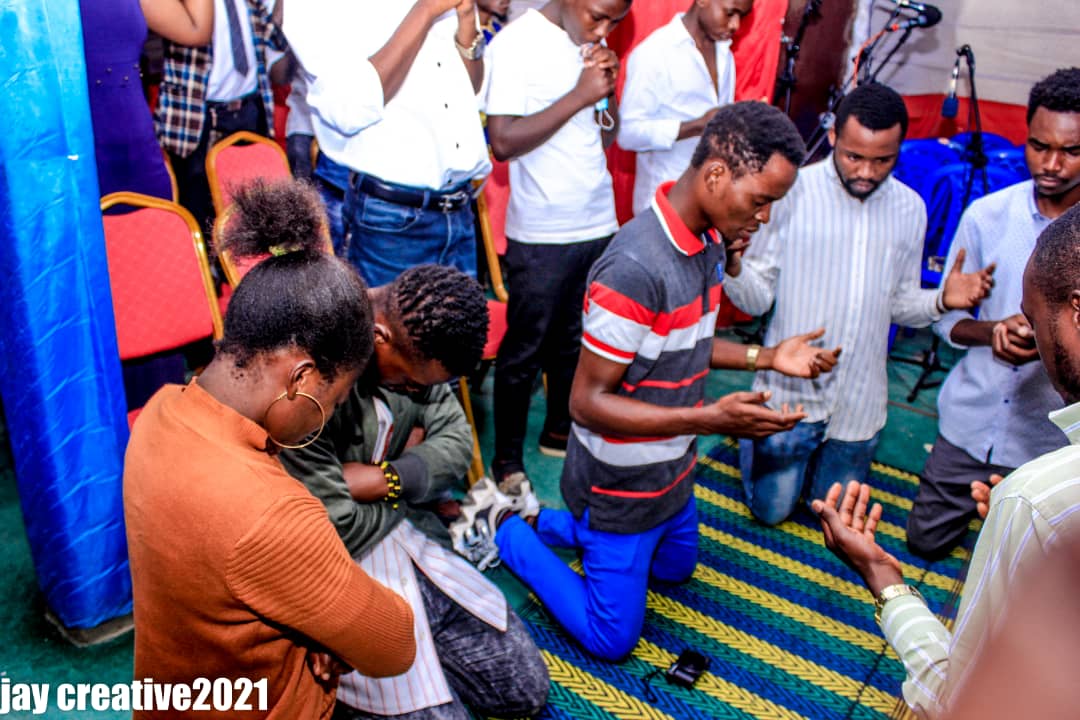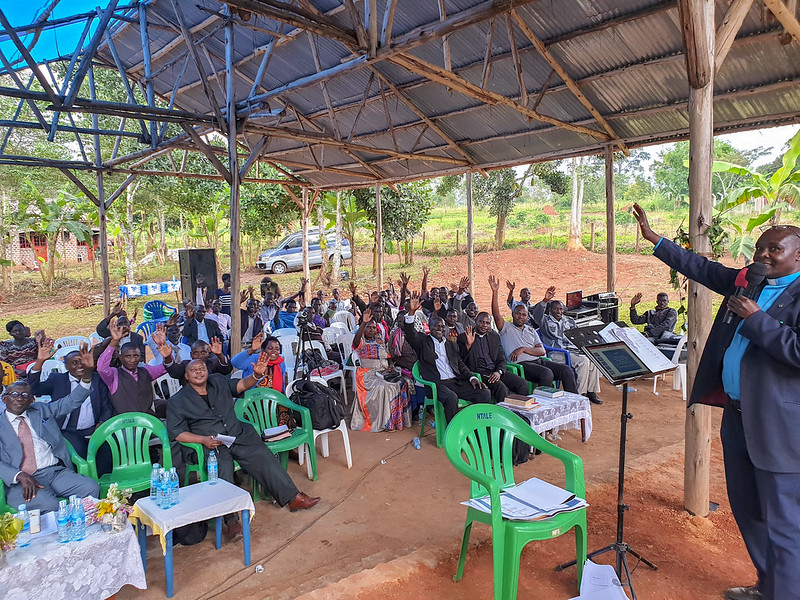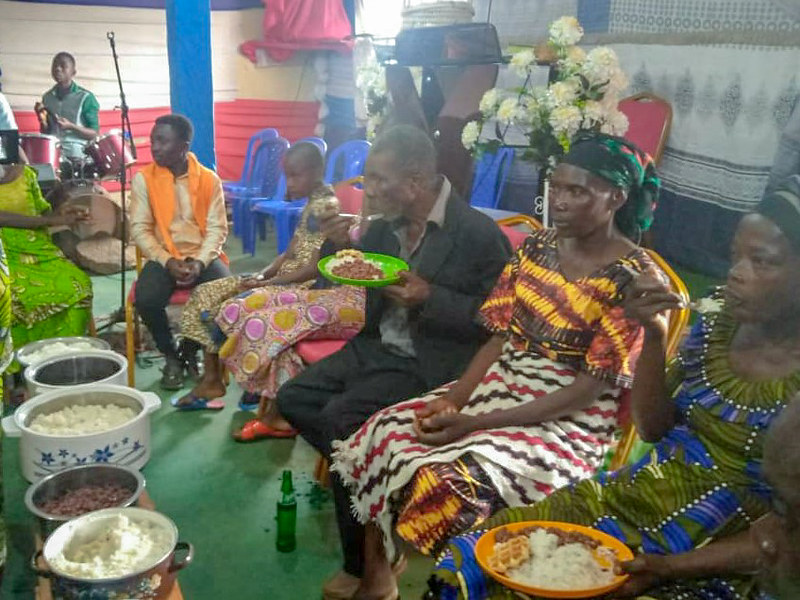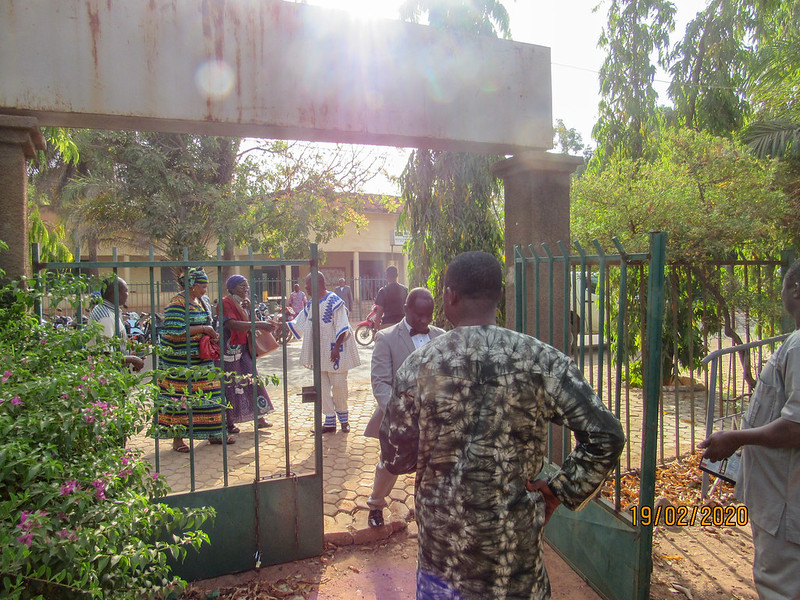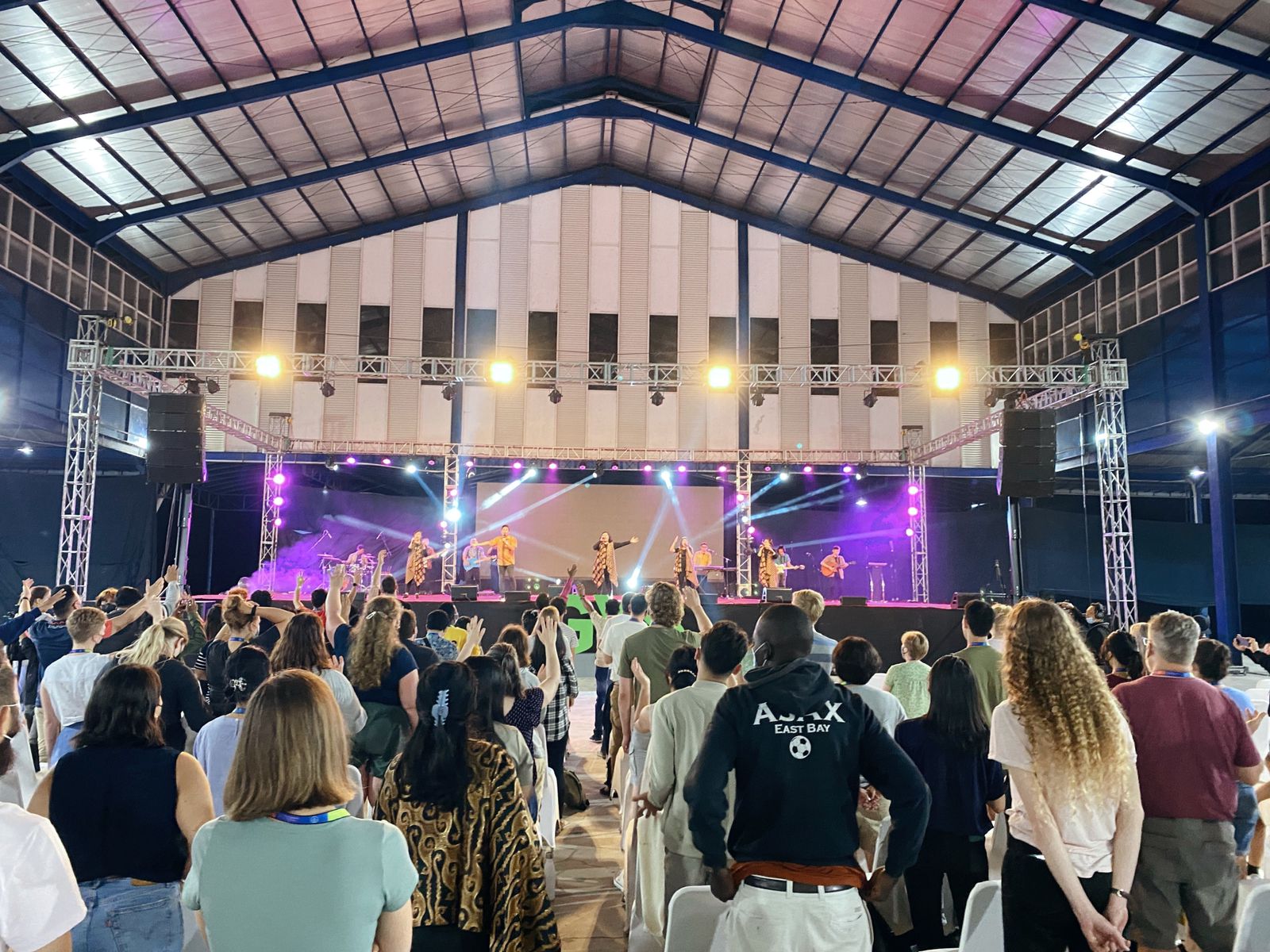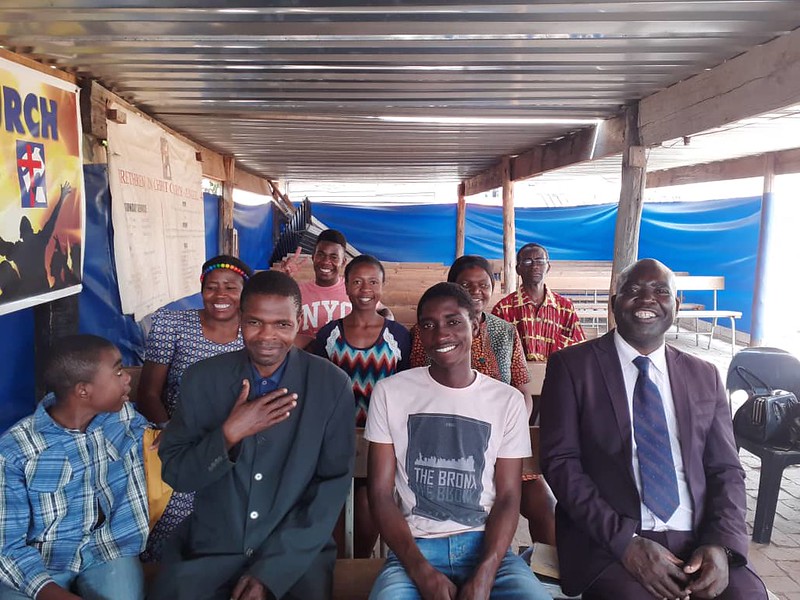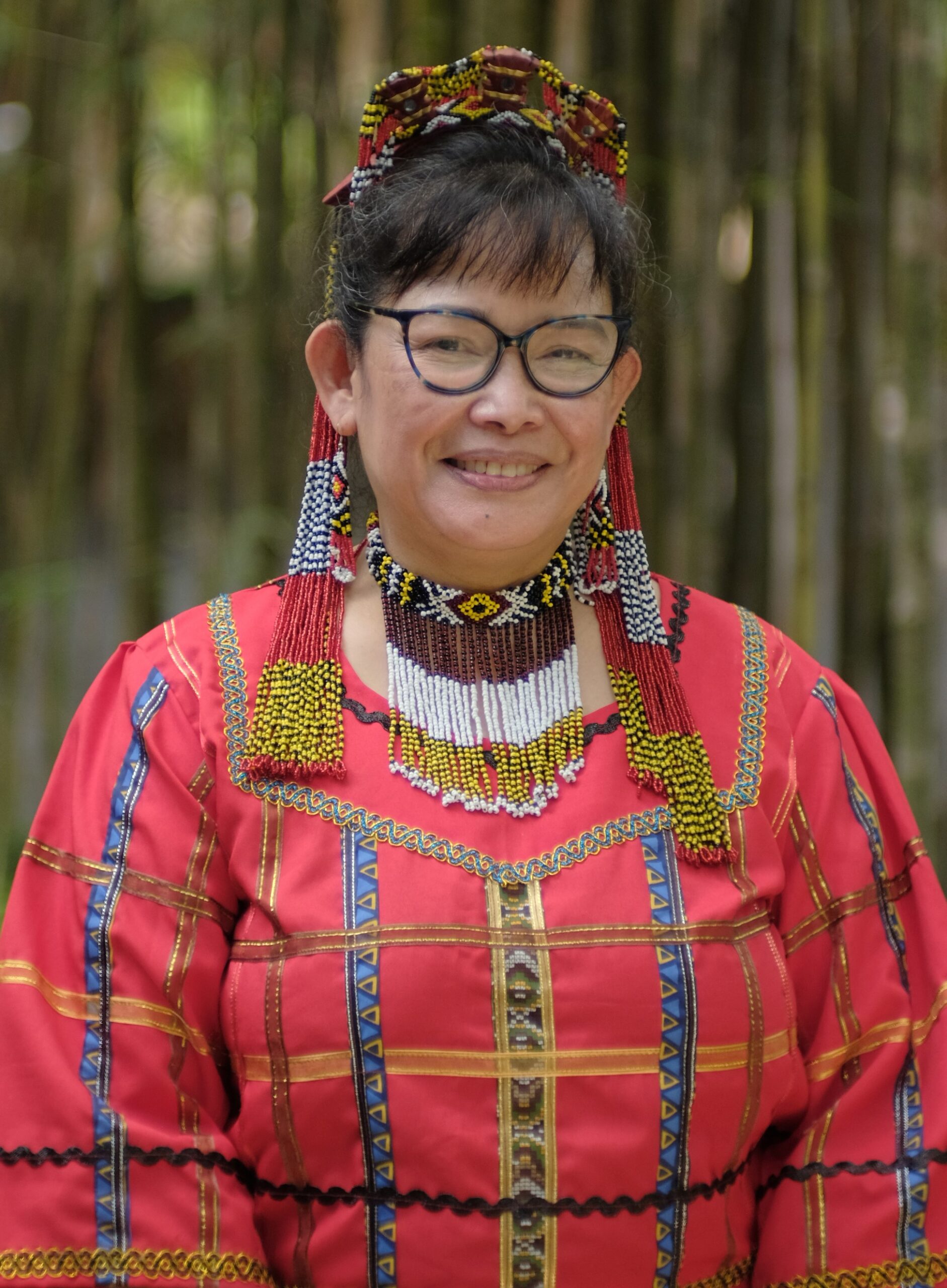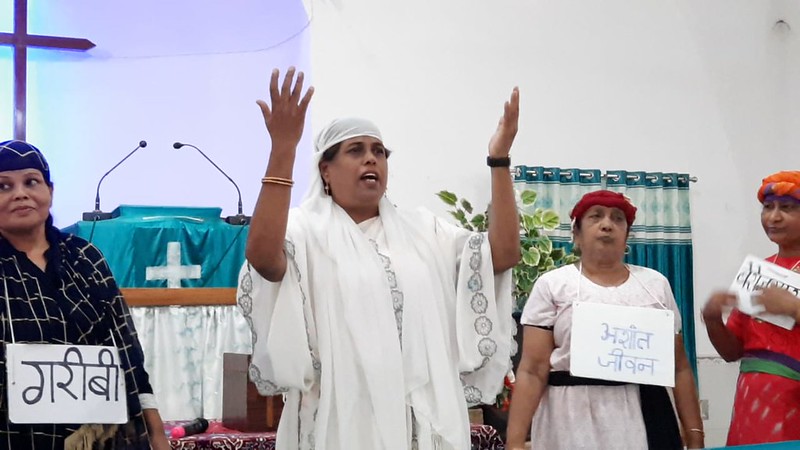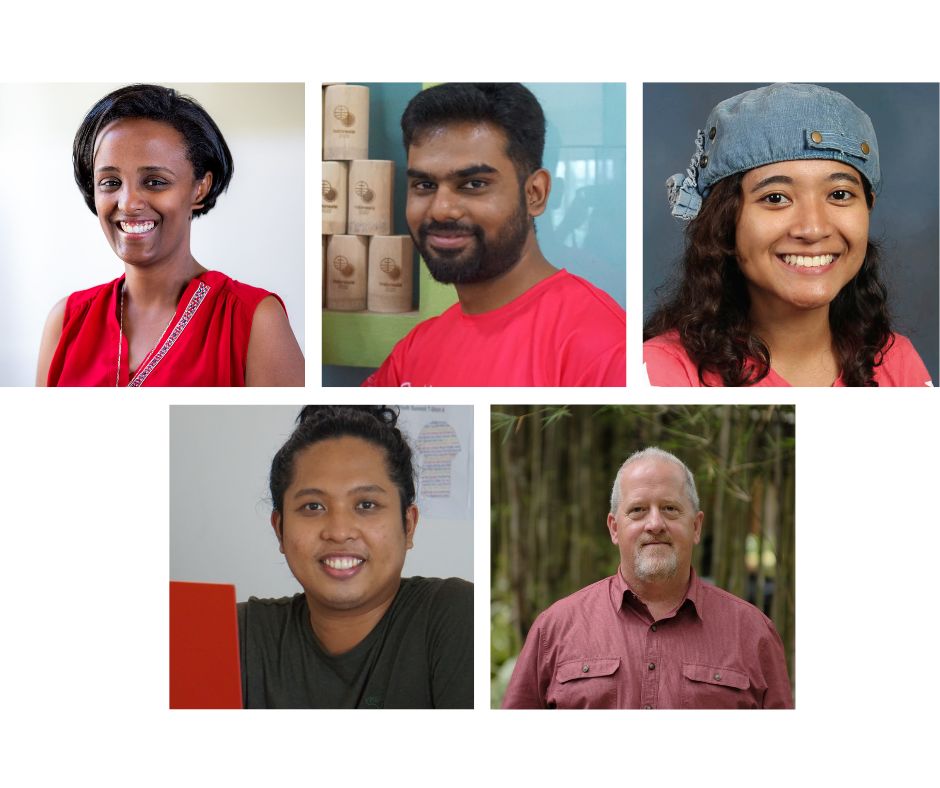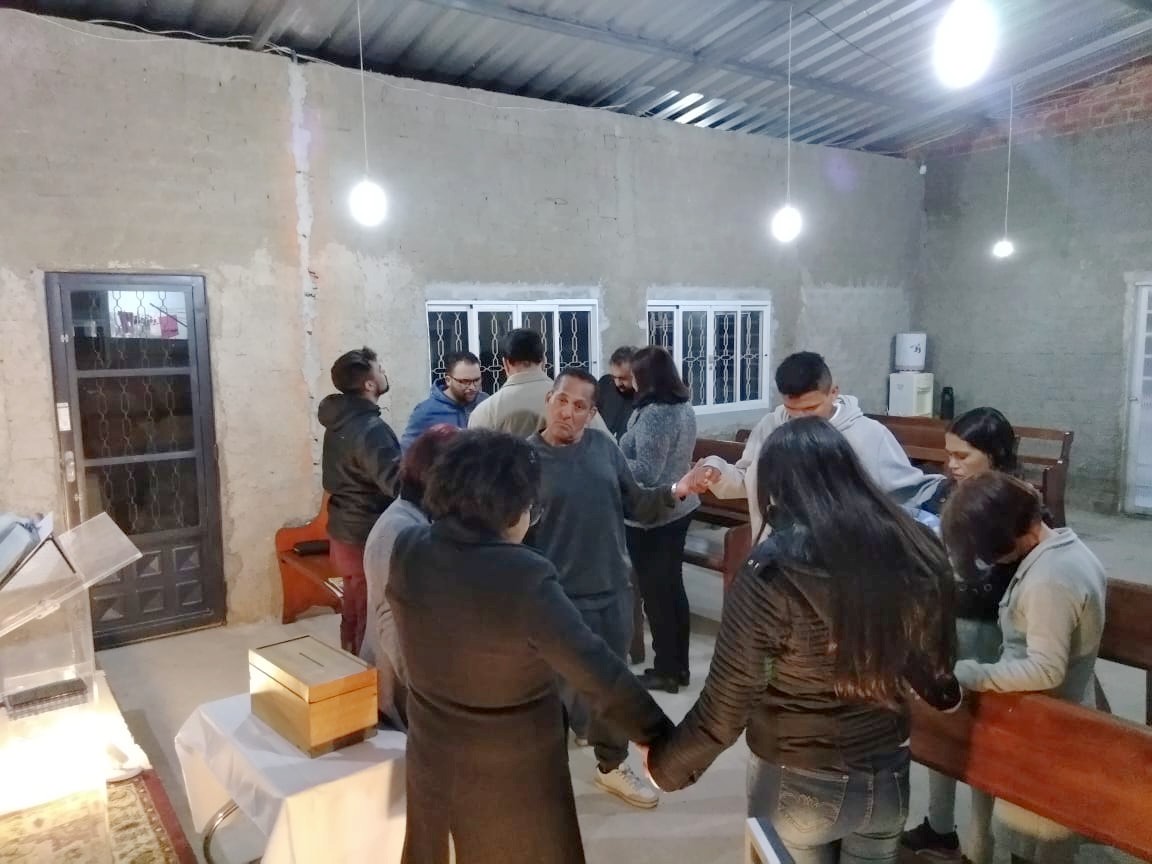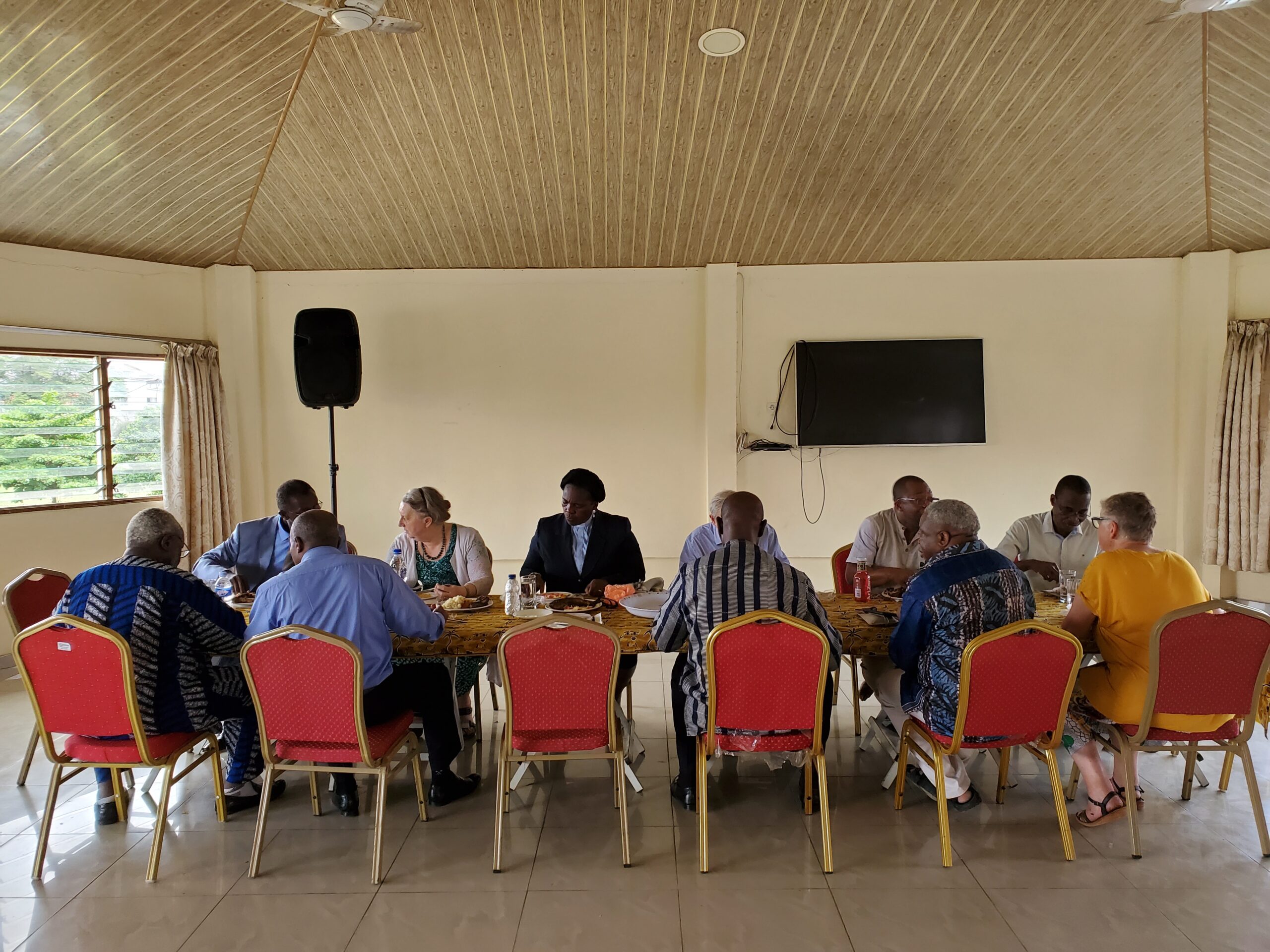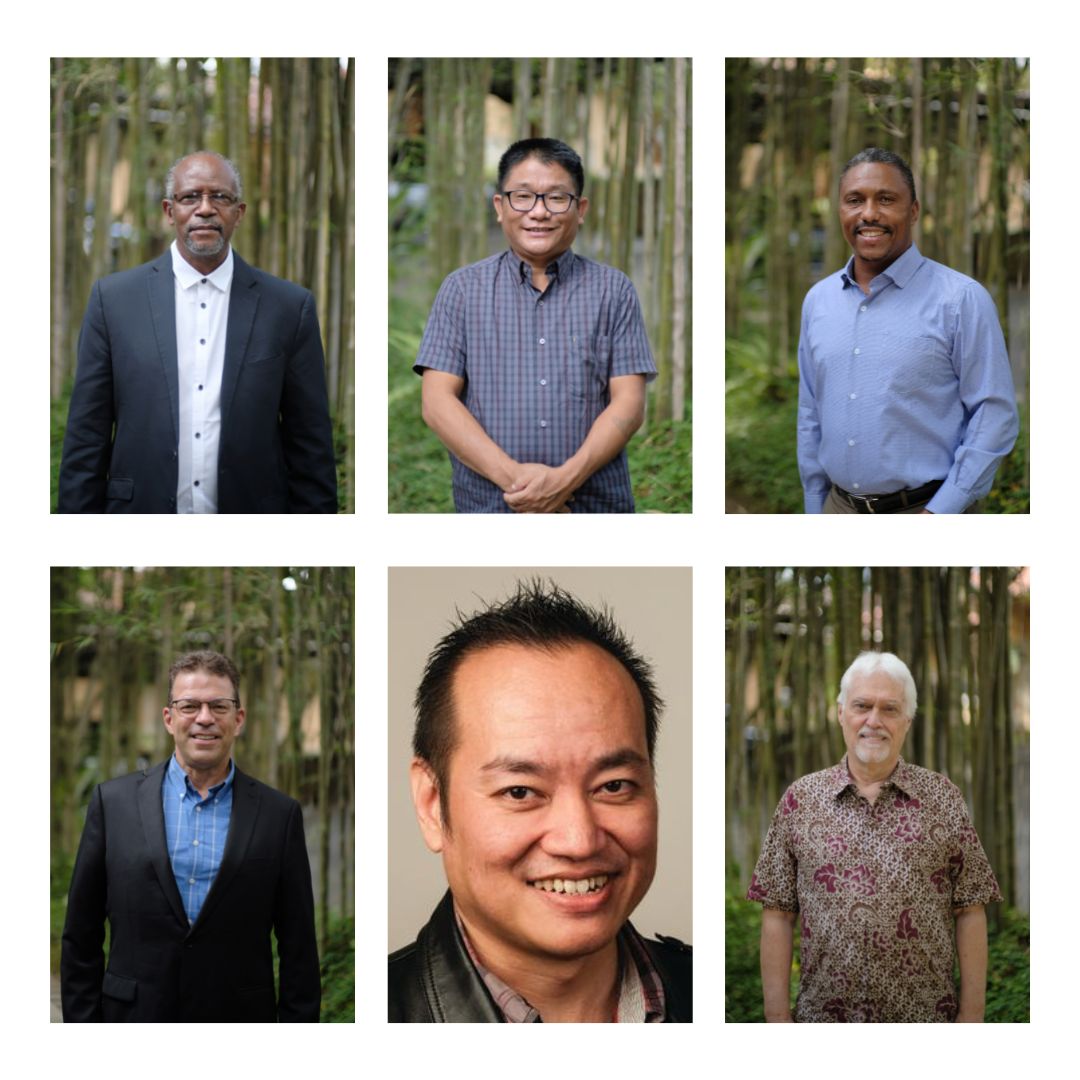-
Biblical background for sermon content
Choose texts that work in your context. Old Testament: Isaiah 40:28-31 Jesus Christ our hope is a theme that comes at the right time, an appropriate theme in the aftermath of crossing zones of turbulence in our world and in our lives in particular. Hope is a pure and disinterested confidence in the future. Don’t
-
Suggested liturgies for gathering and benediction
Gathering/Call to worship (loudly) Leader: Give me a J People: J Leader: Give me an E People: E Leader: Give me an S People: S Leader: Give me a U People: U Leader: Give me an S People: S Leader: What do we have? People: Jesus! Leader: What do we have? People: Jesus! Leader: There
-
Tithes and offering ideas
The offering time is as important as the sermon. Often someone will give a testimony and Scripture on the theme of giving. The pastor often asks one of the ushers to pray, to bless the givers and also that those who are not giving may be blessed to give. Sometimes the ushers take the baskets
-
Cultural suggestions from Africa
Check with Africans in your own community about incorporating their own worship traditions. The first hour of worship in Ethiopia is dedicated to prayer, including Scripture texts and songs guiding the hearts and minds of those who are praying, often on their knees Many traditional hymns are adapted to an African rhythm, and will include
-
The brightest and best
Canada It was 20 years ago when my husband and I were mourning the messy demise of our church, which had destabilized during the renewalism of the 1990s. I felt both cynical and yet wistful, regarding the charismatic. In search of sanity, stability and solid teaching, a nearby Mennonite Brethren church caught our attention. Could
-
Pentecostalism, Anabaptism and the Africa Christian climate
Zimbabwe Pentecostalism has become the most rapidly growing expression of Christianity in the world today. Anabaptists in the African context are not foreigners to this reality. The desire to break free from missionary control, or better put ‘a quest for spiritual liberty’, has seen an impetus in the Pentecostal expression within Anabaptist domains. In Southern
-
Time to correct the page
“Indigenous solidarity hits the heart of what we do in the Philippines with Coffee for Peace,” says Joji Pantoja, chair of the Peace Commission (2015-2022). The Peace Commission drafted a Statement of Solidarity with Indigenous Peoples that was accepted by the Mennonite World Conference General Council in 2018.
-
Jesus’ message of resilience and liberation
Reading: Matthew 5:3-20 In June 1981, our family moved to Cochabamba, Bolivia, where my parents were to teach in a Baptist seminary that wanted more Anabaptist input. We arrived at a particularly raucous point in Bolivian history. In July 1980, Luis García Meza, a commander of the Bolivian army, led a coup d’etat, initiating a
-
MWC is people-centred†
People are at the heart of the worldwide community of faith that is Mennonite World Conference. “Our global community is itself the message,” declares MWC’s Reference Notebook in section 7.2. “As a church, our overall administrative approach is pastoral and people-centred instead of institution-centred.” With the latest Assembly now in the realm of memory, there
-
Exuberance for the Spirit
Brazil For many Brazilian evangelicals, Pentecost is not a one-time event of the past. There is a clear awareness of the Spirit in daily life. About 70 percent of evangelical churches in Brazil are Pentecostal and the others are influenced by the Pentecostal movement. Factors that influence our view of Pentecost We don’t have a
-
Former des artisans de paix dans un monde en guerre
Émanation du Réseau Mennonite Francophone, le Centre de Formation à la Justice et à la Paix (CFJP) propose une formation anabaptiste francophone en ligne dans les domaines de la paix, de la justice et de la réconciliation. Officiellement hébergé à Université de l’Alliance Chrétienne d’Abidjan (UACA), le CFJP a été lancé en 2017 en lien
-
Executive servants take up the towel
“As a worldwide community of faith in the Anabaptist tradition, people in ministry are key to Mennonite World Conference,” says César García, MWC general secretary. After Assembly 17 and associated meetings, there are new people serving this global family of churches. The General Council selected new continental representatives for the Executive Committee for 2022–2028: Sindah
